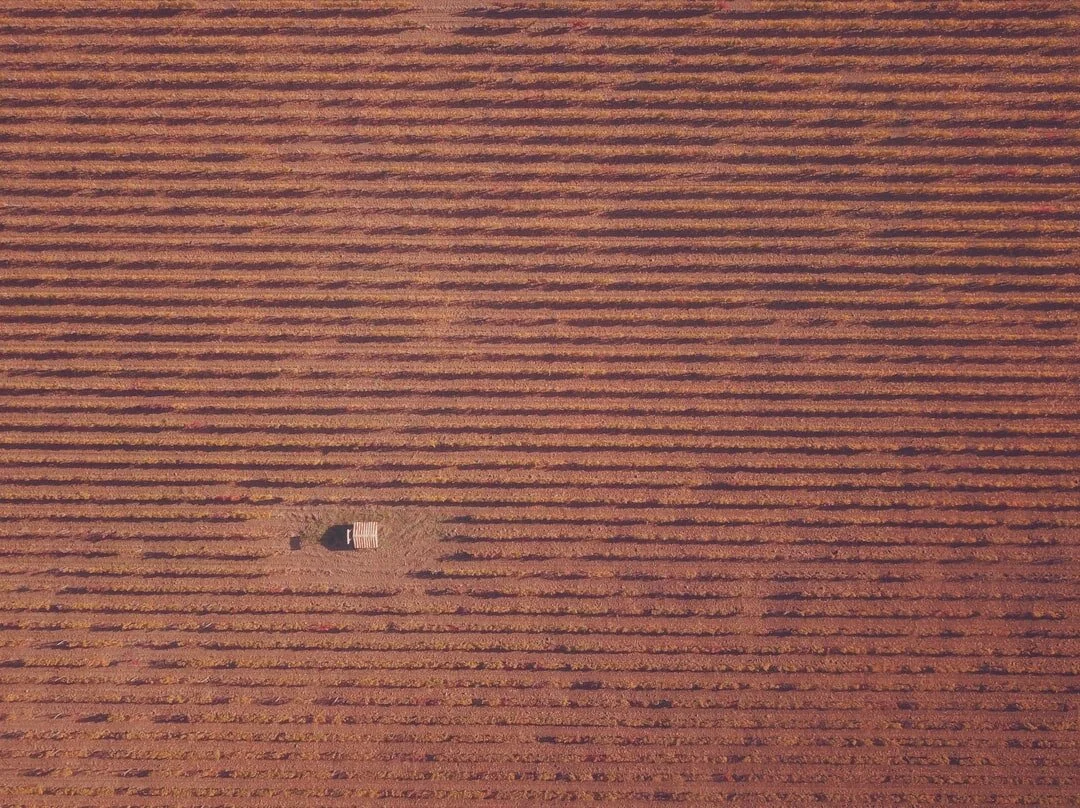Climate Change and Sustainable Diets
When we look at the world around us, it comes as no surprise that what and how we eat has implications for our present and our future. In our attempt to feed the world, we have neglected how our production practices have affected our soils, waters, and communities. As the global climate warms, sea levels are rising, our farmable lands are diminishing, and each year we are met with more frequent natural disasters of higher intensity. When discussing solutions to the biggest environmental challenge humanity has ever faced, we must look at the bigger picture...by reversing some of the current practices of our food system that are huge factors to global warming, we can protect our communities from going hungry. At a time when climate change is meeting us with full force, let’s look at a few major points when discussing its effects and sustainable diets:
Extreme weather events have skyrocketed in recent years due to human-caused global warming. That’s a double-whammy for countries facing the brunt of climate effects; a huge 80% of the world’s hungry live in areas prone to natural disasters and environmental degradation. Most areas that are hit the hardest by floods, droughts, or hurricanes are those that are most vulnerable to food insecurity due to lack of infrastructure or resources. So, climate change doesn’t treat everyone equally. It is a leading cause for global hunger.
Although transportation of our food is still a huge factor of total greenhouse gases, what & how we produce has a bigger slice of that pie chart. Most of the GHG (greenhouse gas) emissions from the us food supply chain are actually from production. Did you know that due to emissions from meat production, the average American can decrease their carbon footprint by eating plant-based for one day a week more than if they eat locally for all seven? We must also remember that production looks like land use; If we clear forests for cattle ranching, that releases all of the carbon that the forest trees have been working so hard to sequester into the atmosphere. The cattle we then have grazing on those new fields release tons of methane that joins the other greenhouse gases to further warm our planet. We can fix the way we produce food in a way that sequesters carbon and prevents more GHG’s from entering our atmosphere.
Almost a whole quarter of the world’s farmable lands are degraded. Much of that land was deforested for meat production, but also lost due to floods or other natural disasters made worse by climate change. The lands and soils that are now degraded had the potential to lock up masses of atmospheric carbon dioxide and provide vital nutrients to people worldwide. That’s where regenerative agriculture comes in- designed to build back soils over time while following the harmonic flow of nature. With a focus on reintroducing nutrients to soils, high levels of biodiversity also creates crops more resilient to environmental changes, in this case; natural disasters. Who would’ve thought that the best and most sustainable practices are those that protect biodiversity, not highest yield? Regenerative agriculture also ensures diversity of nutrients for those befitting from it, while restoring a balance that keeps carbon in the soils as a part of a natural cycle; a total win-win. It doesn’t even rule out small meat production operations, which can be beneficial to the land, too. So, we can grow beautifully healthy food that also rebuilds degraded soil & sequesters carbon! It’s actual magic.
Here at F2P, we recognize that world hunger and climate change are intertwined, we cannot fix one without addressing the other. That’s why we support small, regenerative ag farms that are doing their part to heal our soils, and connect them to hungry folx in LA-because we know that big change starts small. And boy do we need some big change! Together in this food movement, we can reverse the destruction our current food system has left in its path. Follow along as we fight to end climate change and hunger the best way we know how-with food!



